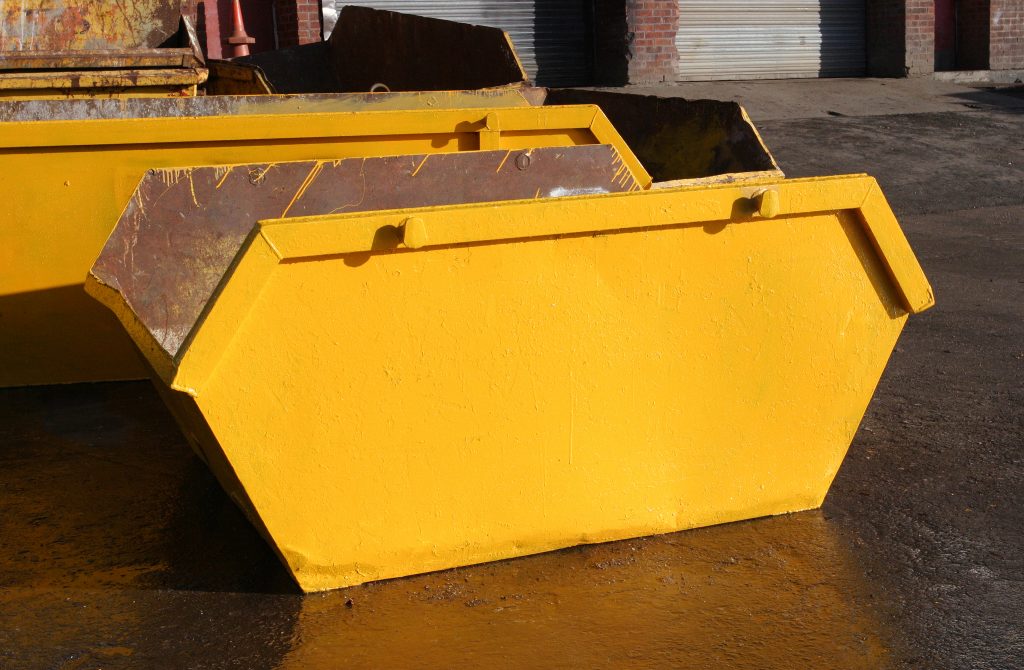Skip Hire, Tips & Advice
What You Can And Can’t Put In A Skip
So, you’re about to embark on some construction or landscaping work and know you’re going to be generating a lot of waste. If this is the case, then chances are you’re going to need a skip to store and dispose of these products.
Hiring a skip can be an overwhelming process as you’ll need to think carefully about what size of skip you need, where to put it and, above all, what you can and can’t put in it.
At Enfield Skips, we supply a whole host of domestic and commercial skips in a variety of sizes to sites throughout Hertfordshire, Essex and North London.
It’s important to know what can and cannot go in a skip, as if you fill it up with items that are not appropriate for a skip, you could be faced with financial penalties and your skip hire company may even refuse to take your waste away.
In this month’s article, we’ll outline what you can and cannot put in a skip, giving you a thorough understanding of skip usage.

What You Can Put In A Skip
Most of your household waste can be placed in a skip. One of the best things about hiring a skip is its versatility – things you can put in a skip include:
- Furniture
- Tiles
- Wood
- Paper
- Cardboard
- Metal
- Clothes
- Carpet
- Bricks
What You Can’t Put In A Skip
There is plenty that you can put in a skip, but it’s important to understand what you can’t put in a skip. Items that are classified as hazardous must never be placed in a skip as they can cause harm to the environment or people.
Items that can’t be put in a skip, include:
- Asbestos
- Batteries
- Medical waste
- Electrical items (TVs, computers etc)
- Tyres
- Chemicals
- Light bulbs
- White goods (fridges, freezers etc)
- Plasterboard
Remember, whenever a skip is on your property it is your responsibility. So, before your skip hire company collects it be sure to check that no one has tossed any inappropriate items or materials in it. Even if you’ve not placed them in there yourself, you will be responsible for it.
If you do need to dispose of any of these items that don’t belong in a skip, your local authority may be able to help so get in touch with them.
What Else Do I Need To Think About?
As well as carefully considering what you’re placing in a skip, you should also think about the size of skip you need. Always account for a larger skip than you think you’ll need as you’ll be surprised about just how much waste you’ll produce.
If you’re unsure about the skip size you require, use our free skip size calculator tool which will provide an estimate on the type of skip size you might require.
Speak to your skip hire company to discuss your needs; at Enfield Skips we can provide you with a tailored size guide that include options available for major renovation works to smaller DIY projects.
Also bear in mind that you may need a skip permit, unless the skip is being stored directly on your property. The average cost varies depending on where you’re located, but your skip hire company may be able to arrange this for you.
The team at Enfield Skips are experts in skip hire and waste management and have a whole host of services you can choose from. Operating across Hertfordshire, Essex and North London, we provide a reliable and professional service that puts your needs at the forefront of everything we do. For more information, contact us today.

